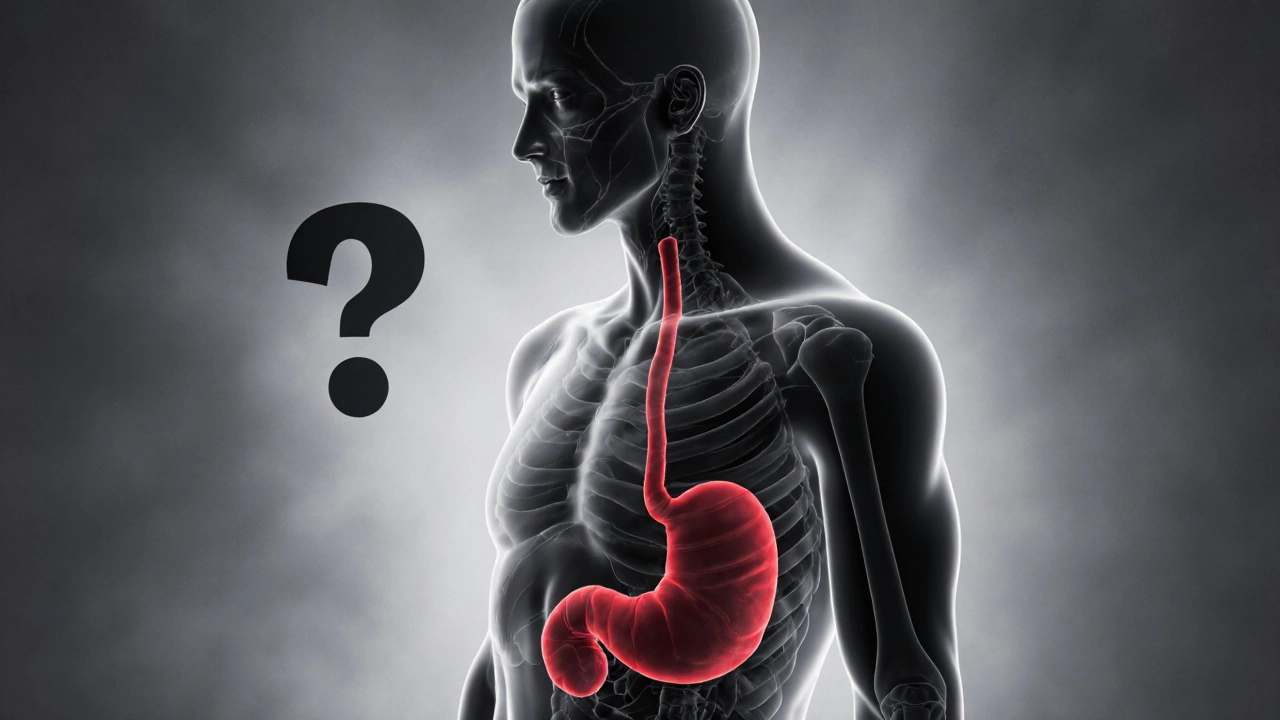Early Detection Cancer: Why It Saves Lives and How to Spot It Early
When it comes to early detection cancer, the practice of identifying cancer before symptoms become severe or spread. Also known as cancer screening, it’s not just a medical buzzword—it’s the single most effective way to increase survival rates for many types of cancer. Many people think cancer is a death sentence, but the truth is, early detection cancer turns deadly diagnoses into manageable conditions. Studies show that for cancers like breast, colon, and cervical, finding them in stage one can boost five-year survival rates to over 90%. That’s not luck—it’s timing.
Early detection cancer isn’t about waiting for pain or weight loss. It’s about knowing the subtle signs: a lump that doesn’t go away, unusual bleeding, persistent cough, changes in bowel habits, or skin spots that grow or bleed. These aren’t always obvious, which is why regular screenings matter. Mammograms, colonoscopies, Pap smears, and skin checks aren’t optional—they’re preventive tools, just like brushing your teeth. And they’re not just for older adults. Some cancers, like melanoma or testicular cancer, hit younger people too. The key is consistency, not fear.
What you do between doctor visits matters just as much. Pay attention to your body. If something feels off for more than two weeks, don’t wait for it to get worse. Talk to a doctor. Keep track of family history—some cancers run in families, and knowing that can change your screening schedule. And don’t ignore lifestyle factors. Smoking, alcohol, poor diet, and lack of movement don’t cause cancer directly, but they make it harder for your body to fight it off. The goal isn’t perfection—it’s awareness.
Some cancers, like pancreatic and ovarian, are harder to catch early because they don’t show clear signs until it’s advanced. That’s why research into blood tests and imaging tech is growing fast. But until then, your best defense is knowing your risk and asking questions. If you’ve been told you’re "low risk," ask: "What should I watch for?" If you’ve had a normal test last year, ask: "When should I come back?" Knowledge isn’t power here—it’s protection.
Below, you’ll find real stories, science-backed guides, and practical advice on how to act before cancer acts on you. From understanding warning signs to knowing which tests are worth your time, these posts cut through the noise. No fluff. No fearmongering. Just what you need to stay ahead.
Which Cancer Is the Most Feared? Rankings, Risks, and Survival
Explore why pancreatic cancer tops the fear list, compare it with lung, brain, breast, and colon cancers, and learn steps to reduce anxiety and risk.
read more
